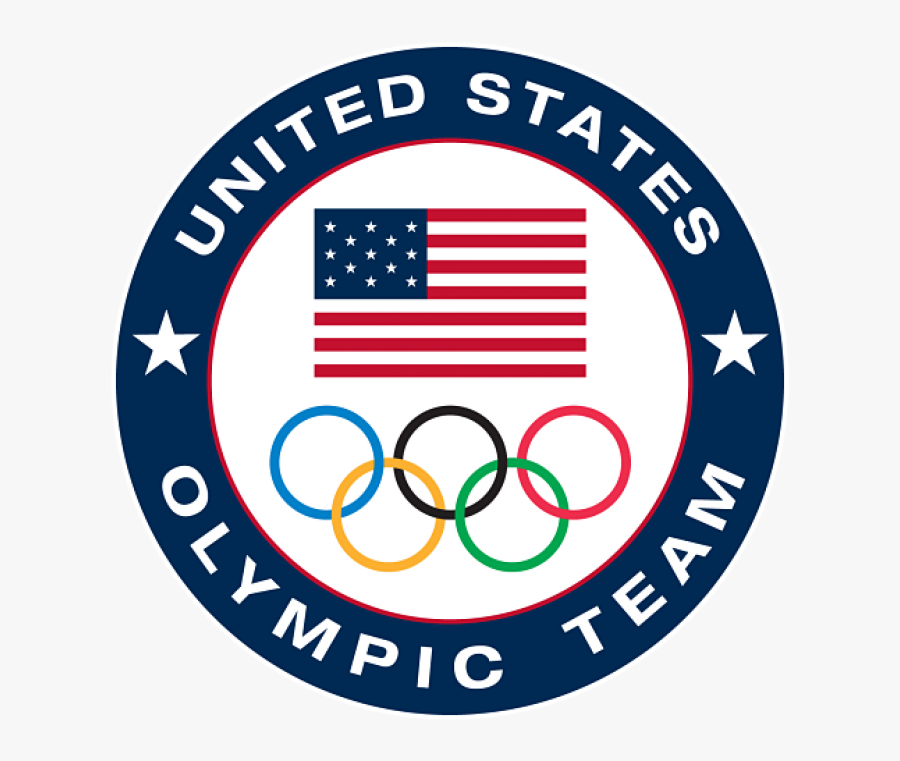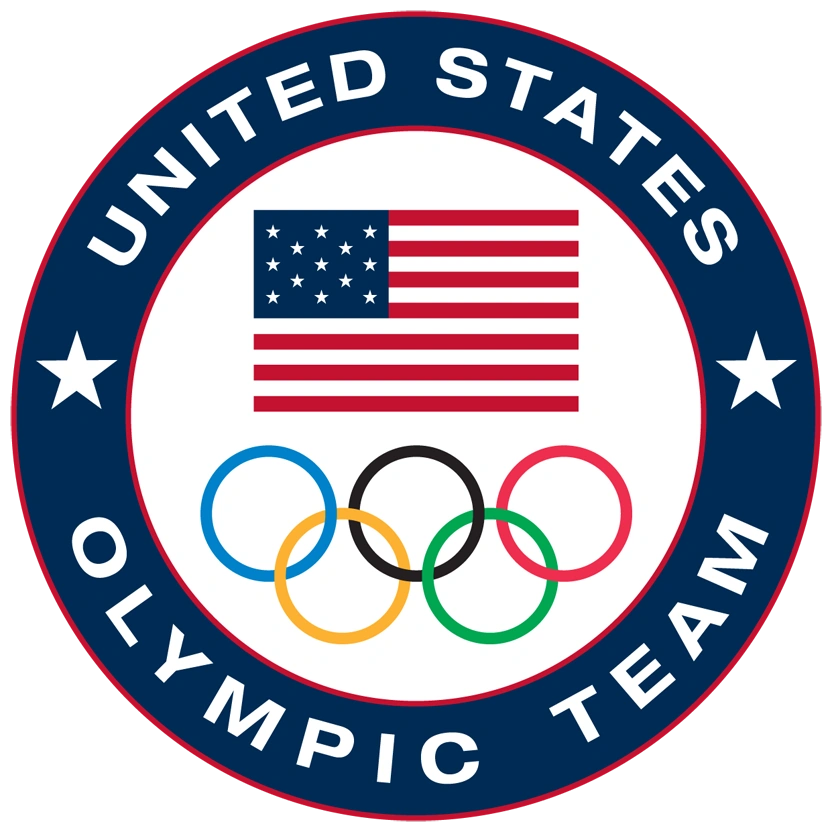History of the USA in the Olympics

The United States has a long and storied history in the Olympic Games, dating back to the very first modern Games held in Athens in 1896. From humble beginnings to becoming a dominant force in the global sporting arena, the journey of the USA in the Olympics is a testament to the nation’s athletic prowess, dedication, and spirit.
The First Participation, Usa olympics
The United States first participated in the Olympic Games in 1896, sending a team of 14 athletes to Athens. The team was led by James Connolly, who became the first American Olympic champion by winning the triple jump. The US team also won medals in track and field, cycling, and swimming, showcasing their early dominance in these disciplines. The initial participation laid the foundation for the United States’ future success in the Games.
Evolution of the US Olympic Committee
The US Olympic Committee (USOC) was formed in 1894, just two years before the first modern Olympics. The USOC played a crucial role in selecting and training athletes, and coordinating their participation in the Games. Over the years, the USOC has evolved, becoming a more sophisticated organization with a dedicated focus on athlete development and support. The USOC’s role has been vital in ensuring that American athletes have the resources and opportunities to excel on the global stage.
Significant Historical Moments
The history of the USA in the Olympics is marked by numerous significant moments, both triumphs and setbacks. Some notable triumphs include:
- The 1984 Los Angeles Olympics, which were boycotted by the Soviet Union and its allies, allowing the US to dominate the medal count.
- The 1996 Atlanta Olympics, which were a celebration of the Games’ return to the United States after 20 years, and saw the US win a record number of gold medals.
- The 2008 Beijing Olympics, where Michael Phelps broke the record for most gold medals won in a single Olympics, with eight.
Setbacks include:
- The 1980 Moscow Olympics, which were boycotted by the United States and its allies in protest against the Soviet invasion of Afghanistan.
- The 1936 Berlin Olympics, which were held under the shadow of Nazi Germany, and saw Jesse Owens, an African-American athlete, defy racial prejudice by winning four gold medals.
Notable American Athletes
The history of the USA in the Olympics is also defined by the contributions of numerous legendary athletes who have left an enduring legacy on the Games. These include:
- Jesse Owens: A track and field star who won four gold medals at the 1936 Berlin Olympics, defying racial prejudice and becoming a symbol of hope and achievement.
- Mark Spitz: A swimmer who won seven gold medals at the 1972 Munich Olympics, setting a record that stood for 36 years.
- Carl Lewis: A track and field athlete who won nine gold medals across four Olympic Games, becoming one of the most decorated athletes in history.
- Michael Phelps: A swimmer who holds the record for most Olympic gold medals (28), most Olympic medals overall (39), and most gold medals in a single Olympics (8).
- Simone Biles: A gymnast who is widely considered to be the greatest gymnast of all time, winning 32 Olympic and World Championship medals.
Timeline of the USA in the Olympics
| Year | Games | Notable Events |
|---|---|---|
| 1896 | Athens | First participation of the United States in the Olympic Games; James Connolly wins the first American gold medal in the triple jump. |
| 1904 | St. Louis | The first Olympic Games held in the United States; the US dominates the medal count. |
| 1936 | Berlin | Jesse Owens wins four gold medals, defying racial prejudice and becoming a symbol of hope and achievement. |
| 1972 | Munich | Mark Spitz wins seven gold medals, setting a record that stood for 36 years. |
| 1984 | Los Angeles | The Soviet Union and its allies boycott the Games, allowing the US to dominate the medal count. |
| 1996 | Atlanta | The Games return to the United States after 20 years; the US wins a record number of gold medals. |
| 2008 | Beijing | Michael Phelps breaks the record for most gold medals won in a single Olympics, with eight. |
| 2012 | London | The US wins the most medals overall, with 104. |
| 2016 | Rio de Janeiro | Simone Biles becomes the most decorated gymnast in the history of the Games. |
| 2020 | Tokyo | The Games are postponed due to the COVID-19 pandemic; the US wins 39 medals, including 11 gold. |
USA Olympic Performance and Success

The United States has consistently been a dominant force in the Olympic Games, amassing an impressive medal count throughout history. The nation’s success can be attributed to a combination of factors, including a robust sports infrastructure, dedicated athletes, and advanced training methods. This section will delve into the USA’s Olympic performance, exploring its medal count across various Games, comparing summer and winter performances, identifying areas of consistent excellence, and examining the impact of technological advancements on athletic performance.
Overall Medal Count
The USA has consistently ranked among the top nations in terms of overall medal count, solidifying its position as a global powerhouse in the Olympics. The country’s success can be attributed to a strong emphasis on sports development, the presence of world-class athletes, and significant investments in training and infrastructure. The following table highlights the USA’s medal count in selected Olympic Games:
| Year | Games | Gold | Silver | Bronze | Total |
|---|---|---|---|---|---|
| 1904 | St. Louis | 78 | 82 | 79 | 239 |
| 1984 | Los Angeles | 83 | 61 | 30 | 174 |
| 2008 | Beijing | 36 | 38 | 36 | 110 |
| 2020 | Tokyo | 39 | 41 | 33 | 113 |
Summer vs. Winter Olympics
The USA’s dominance extends across both the summer and winter Olympics, although its performance tends to be more pronounced in summer events. The country’s strength in summer sports stems from a strong tradition in team sports like basketball, swimming, and track and field. In contrast, the USA’s performance in winter sports has been steadily improving, with athletes excelling in events like snowboarding, skiing, and ice hockey.
Sports of Consistent Excellence
The USA consistently excels in several sports, particularly in those with a long-standing tradition and a strong emphasis on amateur and professional development. These sports include:
- Swimming: The USA has consistently dominated swimming, producing numerous Olympic champions and world record holders. The country’s success can be attributed to a strong club system, advanced training methods, and access to state-of-the-art facilities.
- Track and Field: The USA has a rich history in track and field, boasting some of the greatest athletes in the world. The country’s success is a result of a combination of factors, including natural athletic talent, dedicated training programs, and a strong emphasis on competitive racing.
- Basketball: The USA has dominated basketball since its inclusion in the Olympic Games, consistently winning gold medals. The country’s success is attributed to the high level of professional basketball in the NBA, which provides a strong foundation for Olympic development.
- Volleyball: The USA has consistently performed well in both men’s and women’s volleyball, winning multiple Olympic medals. The country’s success is a result of a strong club system, advanced training methods, and a focus on teamwork and strategy.
Impact of Technological Advancements
Technological advancements have played a significant role in improving the performance of US athletes. These advancements have led to improved training methods, advanced equipment, and a deeper understanding of athletic performance. For example, the use of biomechanics and data analytics has enabled coaches to optimize training programs and identify areas for improvement.
Top Medal-Winning Athletes
The USA has produced numerous Olympic medalists across various sports. The following table highlights some of the top medal-winning athletes:
| Sport | Athlete | Total Medals | Gold | Silver | Bronze |
|---|---|---|---|---|---|
| Swimming | Michael Phelps | 28 | 23 | 3 | 2 |
| Track and Field | Carl Lewis | 10 | 9 | 1 | 0 |
| Gymnastics | Simone Biles | 7 | 5 | 1 | 1 |
| Basketball | LeBron James | 3 | 2 | 1 | 0 |
The Impact of the USA Olympics on American Culture

The USA’s participation in the Olympics has profoundly impacted American culture, fostering national pride, inspiring athletic excellence, and shaping the country’s sporting landscape. The Games have also served as a platform for social and political activism, showcasing American values and advocating for change.
National Pride and Unity
The Olympics have played a significant role in fostering national pride and unity in the USA. The sight of American athletes competing on the world stage, representing their country with determination and skill, inspires a sense of patriotism and shared identity. The collective cheering and support for Team USA during the Games create a unifying experience that transcends regional and political divides. The victories of American athletes are celebrated nationwide, generating a wave of enthusiasm and shared joy.
Inspiration for Athletic Excellence
The Olympics have inspired generations of young Americans to pursue athletic excellence. The performances of iconic athletes like Michael Phelps, Simone Biles, and Serena Williams serve as role models and aspirational figures, demonstrating the power of hard work, dedication, and perseverance. Witnessing the achievements of these athletes motivates young people to embrace a healthy lifestyle, participate in sports, and strive for their own athletic dreams.
Sports Infrastructure and Facilities
The Olympics have played a crucial role in the development of sports infrastructure and facilities in the USA. Hosting the Games necessitates the construction of world-class venues, training centers, and support infrastructure, leaving a lasting legacy for the host city and the country as a whole. These facilities provide opportunities for athletes to train and compete at the highest level, contributing to the growth of sports at all levels.
Platform for Social and Political Causes
The Olympics have been used as a platform to promote social and political causes in the USA. Athletes have used their global stage to raise awareness about issues such as racial equality, gender equality, and LGBTQ+ rights. The Games have also provided opportunities for political leaders and activists to engage in dialogue and advocate for change. For example, the 1968 Mexico City Olympics saw Tommie Smith and John Carlos raise their fists in a Black Power salute during the medal ceremony, a powerful act of protest against racial injustice.
The USA Olympics always brings out the competitive spirit in everyone, but sometimes you need a little downtime to relax and enjoy the games. If you’re planning a viewing party, you might want to check out this guide on replacing camping chair fabric – it’s super helpful for giving your old chairs a fresh look! That way, you can be comfy and ready to cheer on Team USA in style.
The USA Olympics always brings out the competitive spirit in everyone, and even though I’m not a professional athlete, I like to feel like I’m part of the action. For me, that means getting out into nature and enjoying the fresh air, maybe even trying some double bed chair camping for a more luxurious experience.
It’s not the same as watching the games on TV, but it’s a great way to connect with the spirit of competition and achievement. Maybe one day I’ll even get to compete in my own personal Olympics of outdoor adventures!
